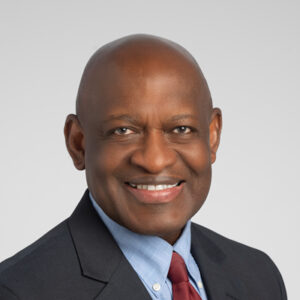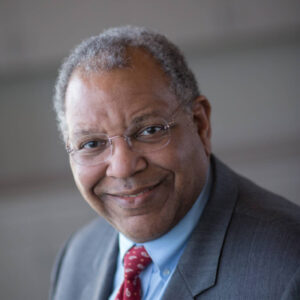

Those of us interested in the health of Americans of all races write to support the FDA ban on menthol flavoring in tobacco products. Such a ban will potentially prevent thousands of deaths per year from cancer, lung disease, as well as cardiovascular disease.
It is also a giant step toward reducing the significant racial health disparities in the United States. Over the past 40 years, African Americans accounted for over 40% of smoking-related deaths.
This year, more than 480,000 Americans will die of cigarette-related disease. This number reflects significant progress as it is estimated that tobacco control efforts have prevented more than 8 million tobacco-related deaths since the mid-1960s.
Much of the progress is due to tobacco regulation, most recently, the implementation of the Family Smoking Prevention and Tobacco Control Act of 2009.
This law gives FDA authority to regulate the manufacturing, distribution, and marketing of tobacco. Under the law, FDA has banned the addition of tobacco flavorings—except for menthol—from e-cigarettes.
Menthol makes tobacco a more effective poison. It makes smoking easier to start and harder to quit relative to non-menthol cigarettes. Its cooling effects make it easier for teenagers to start smoking.
Menthol also enhances the effects of nicotine on the brain and can make tobacco products even more addictive. There is even data showing that menthol tends to make cigarettes especially more addictive to people of sub-Saharan African ancestry.
It is not surprising that the cigarette industry has targeted advertising of menthol flavored tobacco to the African American community. In 2021, sales of menthol-flavored cigarettes were 37% of the cigarette market in the U.S. More than 70% of Black or African American smokers use menthol cigarettes.
We wholeheartedly support the ban on menthol and urge the White House to allow FDA to implement the ban.
To further highlight this problem, a study that surveyed smoking adults from 2003 to 2019 indicated that menthol cigarette smoking increased from 73% to 77% among Blacks or African Americans, from 32% to 38% in young adults, and from 32% to 40% in women.
FDA recently sent the White House Office of Management and Budget final rules for the ban of menthol additives for review and approval. These rules will prevent these cigarettes from being sold in the U.S., thus preventing our children and young people from becoming addicted.
Such a ban has the potential of further reducing the number of Americans dying of smoking-related disease. We wholeheartedly support the ban on menthol and urge the White House to allow FDA to implement the ban.
















